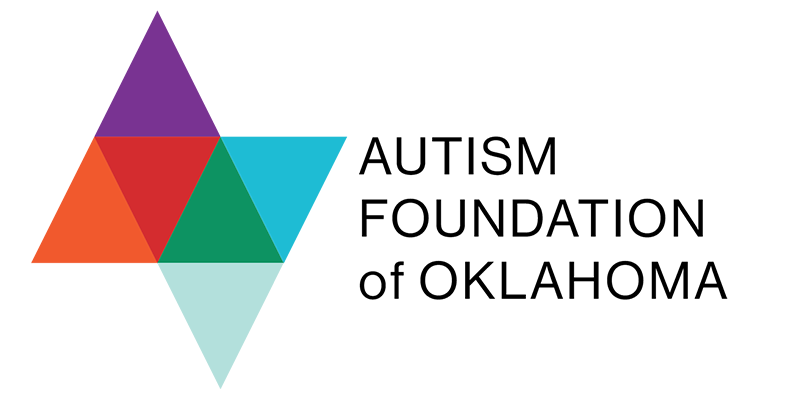
The Autism Foundation of Oklahoma (AFO) recently received a $25,000 grant from Inasmuch Foundation to pilot a training program for childcare providers to support children with autism. Through collaborative partnership with Sunbeam Family Services, AFO will create an introductory training for childcare providers to better understand autism spectrum disorder (ASD) and connect families to local resources.
The role of a childcare provider is an important one for many families. However, 39% of parents of children with ASD report that childcare impacted their employment decisions. This is 7 times higher than that of families without children with ASD. In a recent Oklahoma needs assessment, it was found that 41% of parents of children with ASD depend on relatives for childcare and 25% of families reported that one parent had to cease employment in order to care for children.
“Awareness and identification are a key piece of improving access to early intervention services for children at risk for autism spectrum disorder. The signs of autism typically appear in early development and childcare providers can often be the first person in a child’s life to recognize key indicators”, said AFO Executive Director Emily Scott.
“We value the importance of community partnerships and this work with the Autism Foundation is an example of coming together to serve families of central Oklahoma,” said Sunbeam Chief Program Officer Paula Gates.
“Oklahoma children and families will significantly benefit from the Autism Foundation and Sunbeam Family Services’ collaborative training endeavor,” said Inasmuch Foundation Vice President of Programs Sarah Roberts. “Since early intervention can change a child’s developmental path and improve lifelong outcomes, this type of training is imperative for childcare providers in our state.”
The Autism Foundation of Oklahoma is a statewide organization with a mission to improve the lives of Oklahomans with autism and their families. AFO’s programs areas address the lifespan, from early childhood development to workforce development and public safety initiatives. For additional information, visit www.AutismFoundationOK.org

